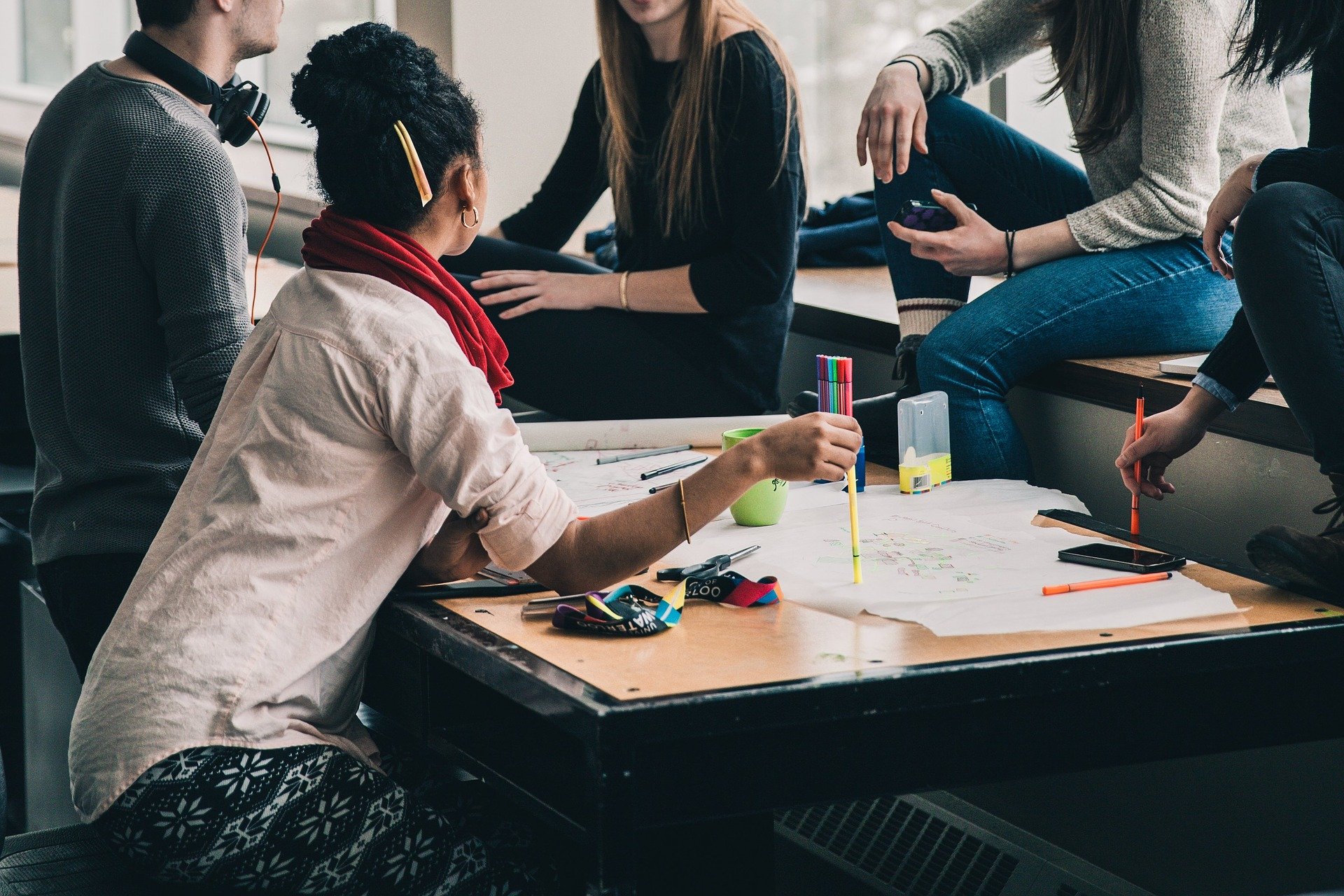FEMALE EMPOWERMENT: WHICH BRANDS ARE LEADING THE WAY?
In 2020, there is now great demand from modern consumers for brands to champion inclusivity. Some brands go above and beyond to ensure that both their staff and their customers feel supported. Whether that’s through the initiatives that they support, employee benefits to ease the strain on working mothers, or a range of makeup that is inclusive of all, every step towards inclusivity and empowerment represents a huge milestone.
With this in mind, it’s no shock that it takes many things for a company to be truly inclusive and inspiring. No longer is it enough for a brand to simply supply a product — in 2020, they must show their involvement in wider political matters and take a stance, showing their commitment towards empowerment.
Considering these factors, let’s discover the brands that our paving the way in terms of empowerment and inclusivity…
Lil-Lets
Sanitary product provider Lil-Lets has been a proud supporter of women for over 60 years. Back in 1954, the SmartFit tampon that this brand is renowned for was first developed by a female gynaecologist. Naturally, this product was designed with the comfort and convenience of women in mind.
Since the beginning, Lil-Lets has supported women n a great variety of ways. From, of course, creating sanitary products such as tampons for heavy periods and maternity pads, to acting in the fight against period poverty.
One project that evidences Lil-Lets commitment is the work they have done with the charity Brook (which provides free and confidential sexual health and wellbeing advice and support). As a team, the two organisations are fighting to tackle period poverty among young people in the UK. While detailing their ambitions, Lil-Lets explained, “At Lil-Lets it’s important to us that we support women whatever their time of month, or time of life. And regardless of whatever challenges they face, we’re here to make a difference to those in need. We’re committed to tackling period poverty, from all angles, and have partnered with the young people’s charity, Brook, to work together to achieve this.”
In addition to this, Lil-Lets has had an important impact on community projects. For example, they are the official partner of Everton FC Women, supporting them both on the pitch and alongside the Everton in the Community program.
Bumble
The very concept of Bumble is based around female empowerment. This game-changing dating app was first developed after its CEO, Whitney Wolfe Herd, left her previous job due to sexism and sexual harassment. She wished to create something new that championed equality. Thus, Bumble — the dating app that encourages women to make the first move — was born.
It is not only the Bumble app that champions female empowerment. The company also makes sure to empower its female employees, ensuring that the company benefits them however it can. The Bumble perks include:
- 16 weeks of paid parental leave
- designated breast-feeding rooms
- 100% health care coverage
- the ability for parents to bring children to the office as needed
In addition to these perks, the staff at Bumble benefit from having inspirational role models in the form of an 80% female executive team.
Fenty Beauty
Fenty, which was first launched by Rihanna in 2018, completely revolutionised the beauty industry. The inclusive “beauty for all” campaign set out to do just that — design beauty products for everyone, regardless of their skin tone and ethnicity. Fenty’s 50 different foundation shades, which range from the palest to the darkest skin tone, serve to provide products for those who struggled to find makeup previously. As well as this, the diverse range also radiates a clear message that resists media whitewashing and assures people of colour that they are seen.
Inclusivity was never something explicitly stated in Fenty’s campaign. In relation to this, Sandy Saputo, Chief Marketing Officer at Kendo Brands, said: “Our approach to inclusion marketing has always been about ‘showing, not telling’ … [we want] to share authentic stories that are rooted in culture and are emotionally meaningful to consumers.” In the same interview she conducted with Google, she went on to say that this beauty campaign set out to “break and disrupt all the traditional marketing rules and carve a new path,” and to create a “call to action for all industries to do more and challenge the status quo.”
In many ways, these businesses have truly championed empowerment. By having their employees, customers, and the wider community in mind, they have been able to define their own brands and make sure that their businesses are empowering and inclusive. In 2020, we are seeing more and more brands strive towards empowerment and it will be exciting to see what the future holds for inspiring campaigns.
Sources
https://www.evertonfc.com/community
https://www.thinkwithgoogle.com/marketing-resources/-fenty-beauty-inclusive-advertising/
https://www.forbes.com/sites/erinspencer1/2018/07/03/women-thrive-at-the-bumble-hive/#469db2f05741
FEMALE EMPOWERMENT: WHICH BRANDS ARE LEADING THE WAY?
